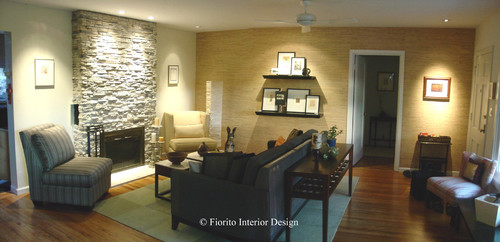Lamp
(a.k.a. "lightbulb")
The light source
---------------------------------------------------------------------------------------
Luminaire
(a.k.a. "lightbulb")
The light source
---------------------------------------------------------------------------------------
Luminaire
"light fitting", "light fixture" or (wrongly) "lamp"
That which holds the light source and connects it to the electric current
.JPG) |
| Image from ikea.com |
---------------------------------------------------------------------------------------
Energy
Measured in Watts (W)Energy
How much electricity a lamp or other electric product uses
---------------------------------------------------------------------------------------
---------------------------------------------------------------------------------------
Brightness
Measured in Lumens (lm)
A measure of how much light a lamp produces
---------------------------------------------------------------------------------------
Colour Accuracy
Colour Rendition Index (CRI) is a scale from 0 to 100
How well the light source shows colours
Colour Rendition Index (CRI) is a scale from 0 to 100
How well the light source shows colours
.jpeg) |
| Image from www.donsbulbs.com |
• Fire-based light sources such as sunlight, incandescent and halogen light, always have the best possible colour accuracy (CRI 99-100) and all colours look bright and vivid.
• Chemical light sources such as CFL, LED and HID lamps always have lower colour accuracy by producing a different light spectrum than natural light sources.
---------------------------------------------------------------------------------------
Light Colour
Correlated Colour Temperatur in ° Kelvin (K)
Correlated Colour Temperatur in ° Kelvin (K)
If a white light looks warm or cool
The higher the colour temperature, the bluer the light
The higher the colour temperature, the bluer the light
.png) |
| Image from www.lysman.se |
• In chemical light sources such as CFL and LED lamps, the light colour is produced by a phosphor mix on the inside of the tube or bulb, and can be made warm-white to cool-white.
.jpg) |
| Incandescent vs 5 compact fluorescent lamps Photo: Wikimedia Commons |
Some of the best warm-white 2700 K CFLs and LEDs can look similar to an incandescent lamp but never exactly the same.
Beam Angle
Reflector lamps have different beam angles, from narrow spot to wide flood
.jpg) |
| Image from www.dlulighting.com |
The narrower the beam angle, the more concentrated the light will be as it hits a surface...
 |
| Images from gimpchat.com and diytrade.com |
...and the more contrasting and dramatic the effect in the room
Power Factor
Poor power quality can waste energy and degrade the power grid, which in turn may harm or impair function of other electric products.
• Incandescent lamps, toasters, strip heaters and cooking stoves have optimal power factor (1) and produce a perfect sine curve.
• Non-heating lamps and electronics, such as CFLs, LEDs, computers, TVs, converters etc. have lower power factor which creates a distorted electric current.



No comments:
Post a Comment